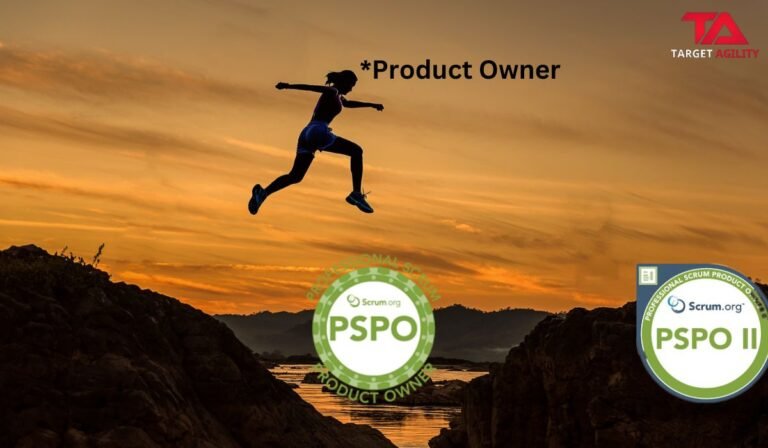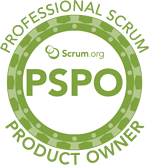In the world of product management, there’s a debate about whether it’s a good idea to skip the first certification, PSPO 1, and go straight to the more advanced PSPO 2. Let’s break down the reasons for and against this approach in simpler terms.
Why Some People Say “Skip PSPO 1”:
1. You Already Know Your Stuff:
- If you’ve been working as a Product Owner for a while, PSPO 1 might cover things you already know. Skipping it could save time.
2. Learn What You Need:
- People learn differently. Some think diving into the more advanced PSPO 2 topics first is more interesting and useful for their job.
3. Real-world Skills Matter:
- PSPO 1 focuses more on theory, and some say it doesn’t test if you can actually do the job well. PSPO 2 is seen as more practical and hands-on.
However, Here Are Some Key Considerations:
1. Building a Strong Base:
- Skipping PSPO 1 means missing the basics. It’s like trying to build a tall tower without a solid foundation. PSPO 2 builds on what you learn in PSPO 1.
2. It Can Get Tricky:
- PSPO 2 might be tough if you haven’t covered the basics in PSPO 1. It’s like trying to solve a hard puzzle without understanding the simple parts first.
3. Does It Work?:
- It’s good to check if people who skip PSPO 1 actually do well in PSPO 2. If they do, it might show that skipping works for some.
In Conclusion: Finding the Right Path
Deciding whether to skip PSPO 1 or not is about finding the right path for you. Think about your experience, how you like to learn, and the importance of knowing the basics. The journey to mastering product ownership is personal, and whether you take the traditional path or a shortcut, make sure it fits your goals and the way you learn best.











